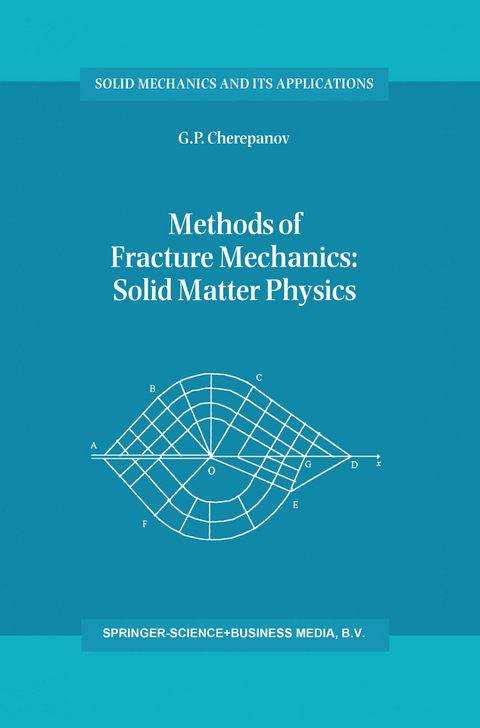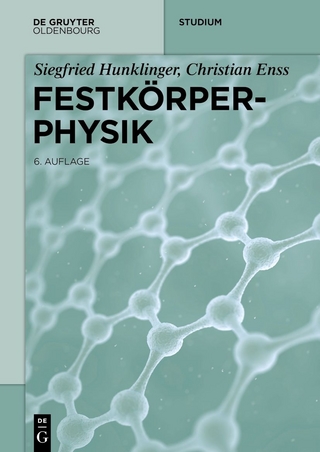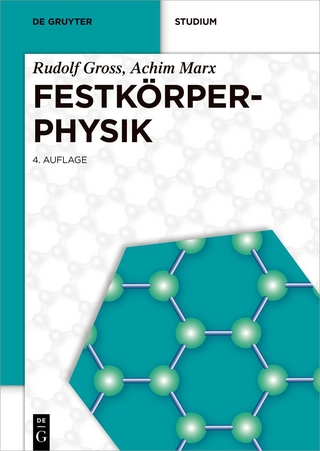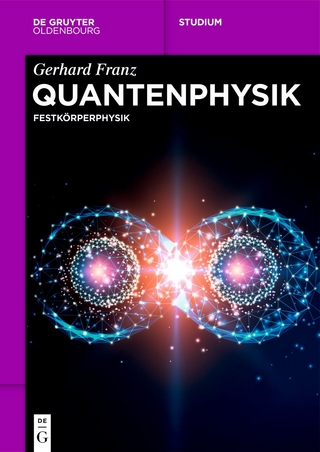
Methods of Fracture Mechanics: Solid Matter Physics
Seiten
1997
Springer (Verlag)
978-0-7923-4408-7 (ISBN)
Springer (Verlag)
978-0-7923-4408-7 (ISBN)
Modern fracture mechanics considers phenomena at many levels, macro and micro;
As a supplementary text, the book can be used in graduate level courses on fracture mechanics, solid matter physics, and mechanics of solids, or in a special course on the application of fracture mechanics methods in solid matter physics.
Modern fracture mechanics considers phenomena at many levels, macro and micro; it is therefore inextricably linked to methods of theoretical and mathematical physics. This book introduces these sophisticated methods in a straightforward manner. The methods are applied to several important phenomena of solid state physics which impinge on fracture mechanics: adhesion, defect nucleation and growth, dislocation emission, sintering, the electron beam effect and fractal cracks. The book shows how the mathematical models for such processes may be set up, and how the equations so formulated may be solved and interpreted. The many open problems which are encountered will provide topics for MSc and PhD theses in fracture mechanics, and in theoretical and experimental physics.
As a supplementary text, the book can be used in graduate level courses on fracture mechanics, solid matter physics, and mechanics of solids, or in a special course on the application of fracture mechanics methods in solid matter physics.
As a supplementary text, the book can be used in graduate level courses on fracture mechanics, solid matter physics, and mechanics of solids, or in a special course on the application of fracture mechanics methods in solid matter physics.
Modern fracture mechanics considers phenomena at many levels, macro and micro; it is therefore inextricably linked to methods of theoretical and mathematical physics. This book introduces these sophisticated methods in a straightforward manner. The methods are applied to several important phenomena of solid state physics which impinge on fracture mechanics: adhesion, defect nucleation and growth, dislocation emission, sintering, the electron beam effect and fractal cracks. The book shows how the mathematical models for such processes may be set up, and how the equations so formulated may be solved and interpreted. The many open problems which are encountered will provide topics for MSc and PhD theses in fracture mechanics, and in theoretical and experimental physics.
As a supplementary text, the book can be used in graduate level courses on fracture mechanics, solid matter physics, and mechanics of solids, or in a special course on the application of fracture mechanics methods in solid matter physics.
1. Surface Energy of Solids.- 2. Fluctuations and the Kinetic Theory of Fracture.- 3. Crack Nucleation.- 4. Physics of Sintering.- 5. Point Defects in Solids.- 6. Dislocation Emission.- 7. Relativistic Electron Beams in a Solid.- 8. Fractals in Fracture of Solids.
| Erscheint lt. Verlag | 28.2.1997 |
|---|---|
| Reihe/Serie | Solid Mechanics and Its Applications ; 51 |
| Zusatzinfo | XIII, 322 p. |
| Verlagsort | Dordrecht |
| Sprache | englisch |
| Maße | 155 x 235 mm |
| Themenwelt | Naturwissenschaften ► Physik / Astronomie ► Festkörperphysik |
| Naturwissenschaften ► Physik / Astronomie ► Mechanik | |
| Naturwissenschaften ► Physik / Astronomie ► Thermodynamik | |
| Technik ► Maschinenbau | |
| ISBN-10 | 0-7923-4408-1 / 0792344081 |
| ISBN-13 | 978-0-7923-4408-7 / 9780792344087 |
| Zustand | Neuware |
| Informationen gemäß Produktsicherheitsverordnung (GPSR) | |
| Haben Sie eine Frage zum Produkt? |
Mehr entdecken
aus dem Bereich
aus dem Bereich


